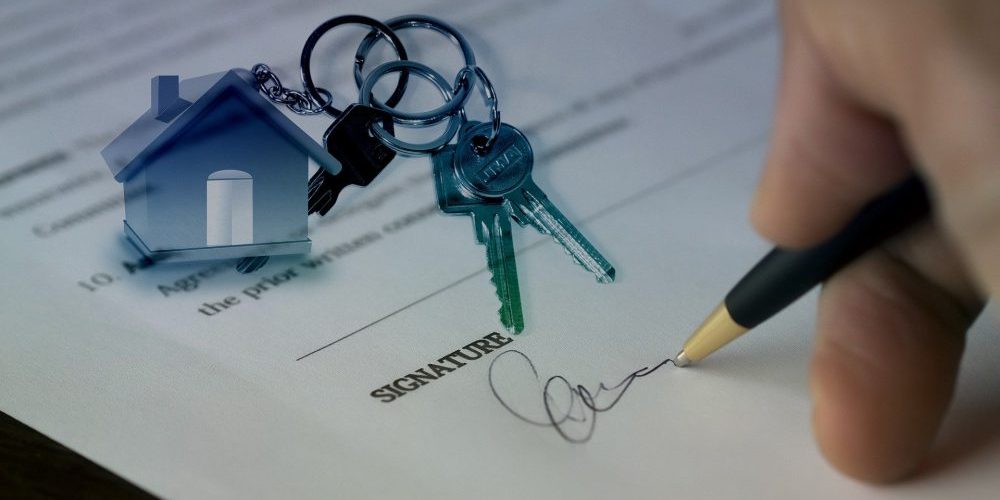When it comes to buying a property, ‘leasehold’ and ‘freehold’ are terms that crop up all the time, but actually a surprising number of people don’t know what either term means, even though it’s actually very important! If you’re one of these people, don’t worry, you’re not alone, and today on the blog we thought we’d clarify what the difference is between a leasehold and freehold property.
Although some unscrupulous estate agents tend to skirt over it, essentially the difference can be between a home that is worth buying and one that isn’t. Many people who don’t realise this when they buy a home end up making an expensive mistake.
What is freehold?
If you own the freehold of a property, it means that you own the building and the land it stands on outright. It is your name in the land registry as the “freeholder”, and owning the “title absolute”. Freehold is nearly always the preferred option when it comes to buying a property.
Things to know about freehold:
- You won’t have to pay an annual ground rent
- You don’t have someone else either failing to maintain the building, or charging huge amounts for maintenance
- You have responsibility for maintaining the fabric of the building – the roof and the outside walls
- Whole houses are usually sold freehold, as there isn’t any reason for a standalone house to be leasehold (although check as some new builds are being sold as leaseholds these days)
What is leasehold?
Leasehold means that you just have a lease from the freeholder (often known as the landlord) to use the home for a number of years. The leases are usually long term and a decent length ( eg 80 years or 120 years) but can be short, such as 40 years.
- A leaseholder has a contract with the freeholder, which sets down the legal rights and responsibilities of either side
- The freeholder will usually be responsible for maintaining the common parts of the building, like the entrance hall and stairwell, as well as the outer walls and roof. However, other leaseholders might have claimed their “right to manage”, in which case it is their responsibility
- Leaseholders will have to pay maintenance fees, annual service charges and their share of the buildings insurance
- Leaseholders normally pay an annual “ground rent” to the freeholder
- Leaseholders will usually have to obtain permission for any majors works done to the property
- Leaseholders can face other restrictions, such as not owning pets
- If leaseholders don’t fulfil the terms of the lease – for example, by not paying the fees – then the lease can become forfeited

